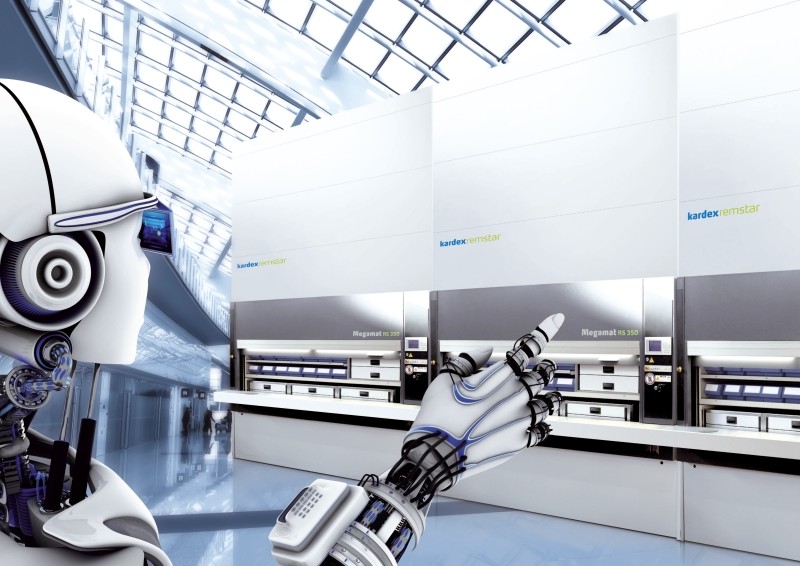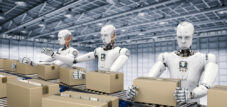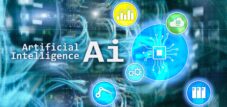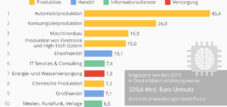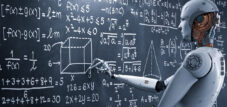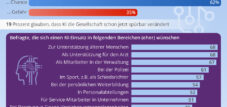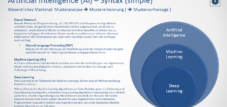Hitachi relies on artificial intelligence in the warehouse
Language selection 📢
Published on: September 10, 2015 / update from: November 26, 2018 - Author: Konrad Wolfenstein
The Japanese electronics company has announced the marketable development of software with which decision-making processes in the warehouse are no longer made by humans, but by artificial intelligence. The new software for optimizing work processes in the warehouse is based entirely on computing technology instead of on middle decision-making managers. The technology called AI (Artificial Intelligence) is capable of learning and has the task of tracking the behavior of employees in the warehouse. It should analyze their approaches to problem-solving work steps and, in the event of an effectiveness-increasing effect, pass these on to the rest of the workforce as a benchmark. According to Hitachi, the use of the new technology should lead to productivity increases of eight percent compared to conventional warehouse management systems.
AI works like this:
Analysis of the processes and recommendations for action
Although they often operate within a rather rigid corset of instructions, employees in the warehouse are always on their own initiative looking for ways to improve their workflow - even the smallest ones. Partly to speed it up, partly to make it easier. AI collects information about this and evaluates the efficiency of the individual approaches. Promising solutions are automatically adopted and then passed on to all employees as a new rule.
Responding to short-term changes – from big to small data
Conventional software systems analyze based on the incoming broad stream of big data. This makes predictions about standard developments possible. However, it becomes more difficult when it comes to appropriate responses to events that occur at short notice (e.g. storms that affect the arrival and departure of trucks or the sudden increase in demand for rainwear resulting from the bad weather). Here, AI's approach goes deeper in that it can also provide answers to these situationally arising reasons based on the behavior of employees with its innovative filter function.
Quick decision without human influence
The intelligent software structure allows AI to efficiently filter and analyze relevant information from the wide data stream and take action without prior feedback from a human supervisor; i.e. issue instructions to employees. Since AI does not have to coordinate with a human counterpart, the system can react much more quickly and implement the necessary measures more quickly.
According to Hitachi, warehouse logistics is just an initial area of application for AI. In the future, the clever “robot” could also be used in corporate areas such as finance, transport or production.



